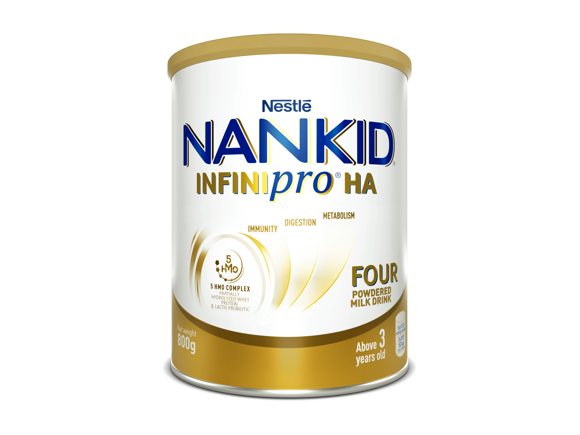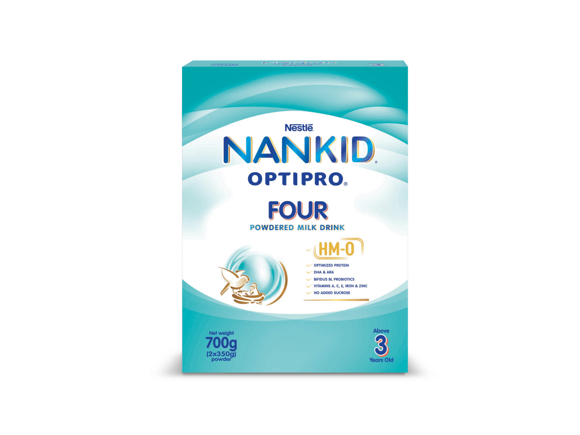Too clean may not always be too good … against allergy: The Hygiene Hypothesis
During these times, we would like to protect our families, especially our children, inside our homes with very strict and effective disinfection against viruses and other bacteria. However, will all these rigid hygienic practices have long term consequences on the health of our children?
It has been noted by David Strachan(1989) that children who were less exposed to microbial elements were more prone to developing allergic diseases and infections later in life. This hypothesis was further expanded to acknowledge that a variety of microbial exposures in early life can influence the immune system toward homeostasis or balance that will prevent allergies and poor immune responses. This may be the reason why many children today develop allergies even if there is no family history; in our efforts to avoid infection and keep our children healthy by strong and effective hygienic measures, we eradicate microbes and, thus, another disease has arisen, allergy.
At birth, the infant’s gastrointestinal tract is practically germ-free. Eventually, a normal population of microbes should be developed in the gastrointestinal tract from external sources, such as giving a diverse diet and by exposing our children to nature. These microbes, which are usually bacteria (bifidobacteria and lactobacilli) interact with the immune system in the gastrointestinal tract in order to send out signals to other body organs to stabilize the immune system. Allergic children, unfortunately, are unable to develop these good bacteria due to genetics and inadequate environmental exposures.
Therefore, we have to provide a balance to our children’s microbial exposures. Of course, we have to prevent exposure to harmful bacteria by judicious hygienic measures and by vaccination. However, we have to also provide exposure to the good bacteria by feeding a diverse diet including hydrolyzed milk with prebiotic or probiotic supplementation and by interaction with nature. All these may help counter the threats our children today face regarding allergies and diseases of immunity.
References:
- Ghanemi A et al. Biology 2021, 10, 545. https://doi.org/10.3390/biology10060545
- Brooks C et al 2013 Curr Opin Allergy Clin Immunol 2013, 13
- McDermott AJ & Huffnagle GB.Immunology 2013: 142, 24–31
- Sbihi H et al. Allergy. 2019;74:2103–2115.
- Mc Loughlin RM et al JACI 2011: 127
- Renz H et al. J Allergy Clin Immunol 2017;140:24-40.)
- West CE JACI 2015:135
- Halken S et al. Pediatr Allergy Immunol. 2021;00:1–16.


















